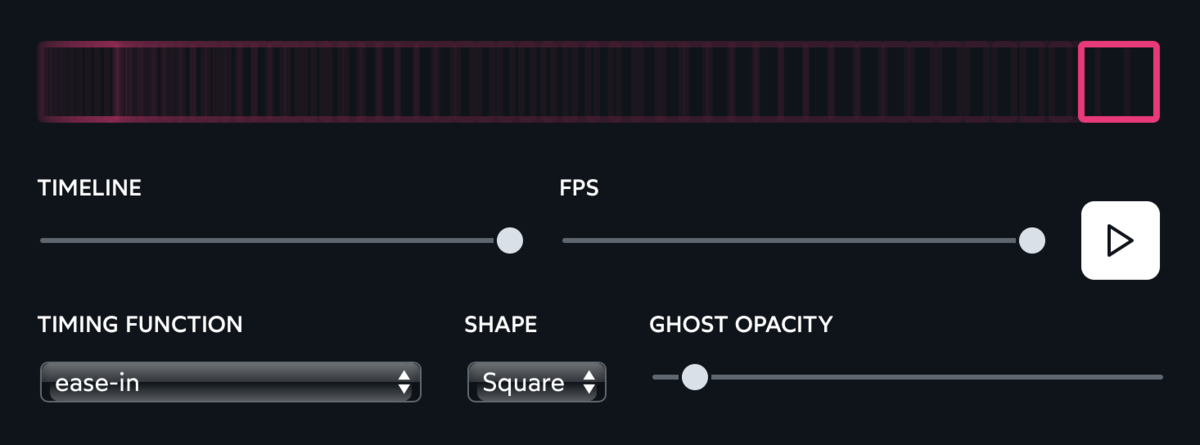Divya and Nick welcome Deno’s Kit Kelly to the show to celebrate the highly-anticipated new JavaScript/TypeScript runtime’s big 1.0 release.
This is a wide-ranging discussion about all things Deno. We discuss why they’re using Rust, how they’re rewriting parts of the TypeScript compiler, their take on package management, what adoption looks like, their code of conduct, and more.
Matched from the episode's transcript 👇
Kitson Kelly: I think it’s still gonna be experimental for a lot of folks. I think we need as a community to see where things head. Hopefully, 1.0 will give us a stable enough base for the ecosystem to build up a little bit more. For example, I’ve been starting to rework on – I’ve got a Koa/Express server framework, a middleware framework for Node called Oak, and now that we’re at 1.0, it’s given me the opportunity to bed down a few things in there, and add features to it, and get it a bit more stable. Because I think for a lot of people it’s gonna be like “Well, what kind of workload do you wanna run with it?” It’s really been early, early adopters that have been doing stuff with it, and there’s some really interesting stuff out there… But hopefully, 1.0 over the next six months will start to see more and more stable, more and more enablement and tutorials… Because as any of us that have been through Node.js, or even the browser end development, there’s still a learning curve. So there’s gonna be a learning curve with people in Deno.
And it’s one of the harder things for me to answer, because my head has been in that space for two years, so I know how things work. I was actually taking a step back yesterday as I was starting, and I’m like “Oh, with Oak I have to explain some of the basics of Deno to people to get them to understand, and I have to walk them through that.” So I think as a community we probably need to learn what it takes to enable people to that.
[47:52] There are a few things where people are starting to educate other people on it, and we’re starting to see tutorials, and that sort of thing… So I think the next wave will be those that are really interested in understanding the mechanics of it, that will then start to enable other people. So there are some really good experiments with server-side rendering with React at the moment, and Preact. People are running into problems where you’re like “Okay, this doesn’t [unintelligible 00:48:23.26] and when I load it off of jspm it blows up…” There’s all these crazy things that we probably have to iron out.
So I still think it’s gonna be for the brave for a while… [laughs] I think it’ll be a while before we see mass adoption. But I think 1.0 is gonna be the point where you can safely experiment and realize that – which is the world we’ve been living in for the last two years; every week we’ve been through 47-48 releases, and pretty much every one of them has a breaking change in it. Up to this point, it was like, you upgrade to the latest version and who knows what of your code didn’t work now…?



